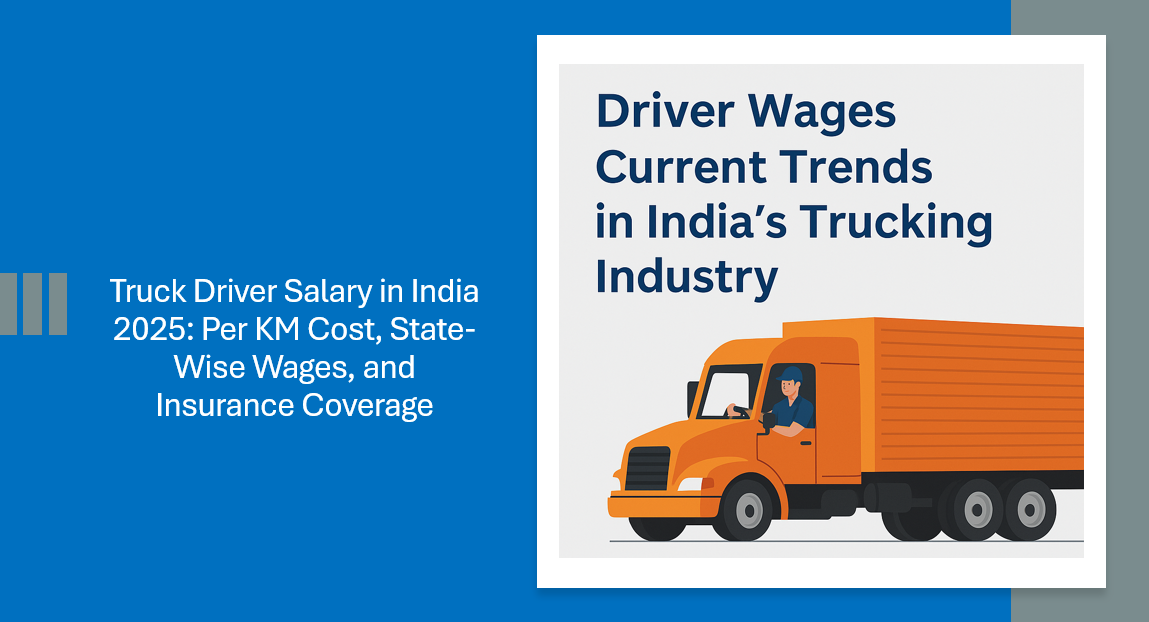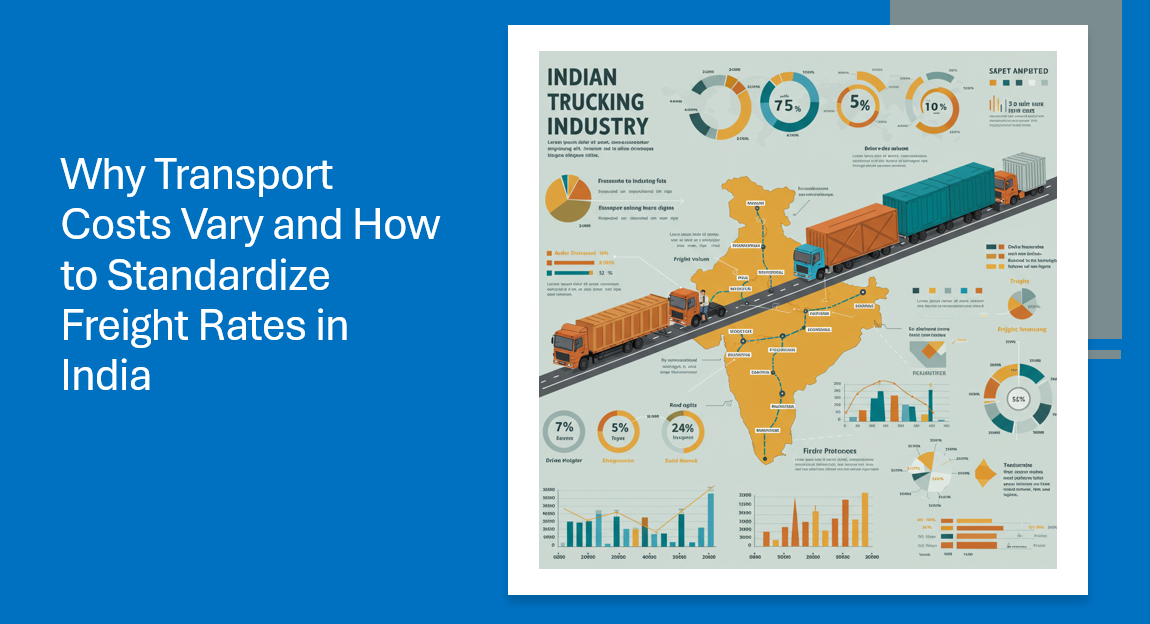Introduction: The Importance of Effective Vehicle Scheduling
When we talk about vehicle scheduling, we’re delving into the nitty-gritty of allocating vehicles and drivers across various tasks in the most efficient way possible. It’s like trying to solve a massive puzzle where every piece must fit perfectly to avoid wasting time, fuel, or disappointing customers. The significance of getting this right cannot be overstated—it’s essential across a myriad of industries, from logistics and delivery services to public transportation.
- Understanding the Basics: At its core, vehicle scheduling is about ensuring that the right vehicle is in the right place at the right time. Simple to say, hard to nail.
- The Impact on Business Operations: Get this right, and you’re looking at saving bucks on fuel and maintenance, slashing delivery times, and boosting customer smiles. It’s a genuine game-changer.
- Common Challenges: However, achieving this level of finesse in scheduling is no walk in the park. Traffic snarls, unexpected vehicle breakdowns, and last-minute customer requests are just a few of the curveballs companies must contend with.
Strategic Planning: The Backbone of Vehicle Scheduling

Diving into strategic planning without a roadmap is like setting sail without a compass. Here’s how to align your stars for success:
- Setting Clear Objectives: First off, decide what you want to achieve. Is it minimizing costs, improving delivery times, or maybe a mix of several goals? Pinning this down will guide your entire strategy.
- Resource Assessment: Take stock of what you’ve got. How many vehicles and drivers are available? What’s their capacity? Getting this overview is critical.
- Adapting to External Factors: The world outside your business won’t always play nice. Traffic, weather, and customer schedules can throw a wrench in your plans, so building in buffers and flexibility is a must.
Technology and Tools: Leveraging Modern Solutions

Gone are the days of manual scheduling on spreadsheets, or heaven forbid, paper. Let’s explore how tech can be your ally:
- Software Solutions: There’s a plethora of scheduling software out there offering features like real-time tracking and dynamic rerouting. This isn’t just helpful; it’s transformative.
- Data Analytics: Collecting data on your operations can reveal patterns and insights that take the guesswork out of scheduling decisions. Who knew that data could be your crystal ball?
- Integration Capabilities: Ensuring your shiny new scheduling tools play nice with other systems (inventory, customer service, etc.) is like assembling a well-oiled machine. Each part supports the other, boosting overall efficiency.
Best Practices in Vehicle Scheduling

To really nail vehicle scheduling, consider these golden rules:
- Prioritizing Flexibility and Scalability: The only constant is change, right? A flexible, scalable approach means you can adjust on-the-fly without breaking a sweat.
- Ensuring Compliance and Safety: Keeping on top of regulations and safety standards isn’t just smart; it’s non-negotiable. Plus, it keeps your drivers and vehicles safe.
- Continuous Improvement: Adopt a mindset of constant enhancement by learning from feedback and performance analysis. There’s always room to be better.
Real-World Applications and Success Stories

Nothing beats a good success story for inspiration:
- Case Study Insights: From global logistics giants transforming their operations to small businesses making big savings, the impact of strategic vehicle scheduling is clear.
- Industry-Specific Strategies: Each sector, from emergency services to food delivery, has its unique set of challenges and solutions. Layering these strategies can offer tailored benefits.
- Lessons Learned: The road to optimization is paved with lessons. Whether it’s the importance of accurate data or the value of communication, these takeaways are gold.
Conclusion: Wrapping It All Up
The journey through the world of strategic vehicle scheduling shows us that while challenges abound, so do solutions. With clear objectives, the right technology, and a commitment to best practices, businesses can turn their vehicle scheduling from a headache into a strategic advantage.
FAQs: Answering Your Burning Questions
- How can small businesses benefit from strategic vehicle scheduling?
Small businesses, with their lean operations, can see huge benefits in cost savings, enhanced customer service, and competitive edge by adopting strategic scheduling practices. - What are the initial steps in developing an effective vehicle scheduling system?
Start with clear objectives, assess your resources, and choose technology that fits your needs. And remember, flexibility and scalability are your friends. - Can technology completely replace human decision-making in vehicle scheduling?
While technology can streamline and optimize many aspects of scheduling, human oversight ensures adaptability and creativity in problem-solving. It’s a team effort. - How do companies handle unexpected disruptions in their schedules?
Through a combination of robust planning, real-time data insights, and the flexibility offered by modern tech, companies can swiftly pivot and adjust to disruptions.
Remember, whether you’re just starting to think about optimizing your vehicle schedules or you’re looking to refine your existing processes, it’s a journey worth embarking on. The road to efficiency is paved with strategic planning, the right tools, and a sprinkle of resilience. Happy scheduling!
Stay updated with LOGIXMINDZ! Subscribe to our NEWSLETTER for the latest insights and join our LinkedIn group for even more valuable content







Leave a Reply